The air was thick with anticipation and the scent of spring as thousands gathered at Basundhara Field. The occasion? The return of Atif Aslam to Bangladesh after an 11-year hiatus. The Pakistani singer, renowned for his soulful voice and emotive ballads, graced the stage at the "Let's Vibe Art and Music Festival," marking a night that many would remember for years to come.
Aslam, who last performed in Bangladesh at the Bangladesh Premier League in 2013, has remained a beloved figure in the country. His ability to sing in multiple languages, including Urdu, Hindi, Punjabi, Bangla, and Pashto, has endeared him to a diverse fan base. But it's not just his linguistic prowess that captivates; it's the raw emotion he conveys through hits like "Adat," "Woh Lamhe Woh Baatein," and "Pehli Nazar Mein."
The festival, organized by Let's Vibe and Blues Communication, promised a blend of local and international talent, but it was clear who the star of the evening was. As the lights dimmed and the first chords of "Tera Hone Laga Hoon" echoed through the field, a collective cheer erupted. Fans sang along, their voices rising in unison, creating a symphony of human connection bound by music.
Atif Aslam's performance was more than just a concert; it was a cultural bridge, reminding us that art knows no borders. His presence in Bangladesh underscores the shared heritage and mutual appreciation between the two nations. It's a reminder that music can be a powerful force for unity, transcending geopolitical lines and bringing people together in celebration of harmony and peace.
The concert also highlighted the growing music scene in Bangladesh, showcasing the country's openness to international artists and its commitment to cultural exchange. As the night drew to a close, with the final notes of "Jeene Laga Hoon" lingering in the air, there was a sense of fulfillment, of a moment in time captured and held close to the heart.
Atif Aslam's return to Bangladesh is not just a testament to his enduring popularity but also a beacon of hope for the music industry in South Asia. It's a sign that the love for music transcends all and that the stage is set for a future where art continues to build bridges and heal souls.
For those who were there, the memory of the concert will be a cherished one. For those who weren't, the legend of the night Atif Aslam returned to Basundhara will be a story passed down, a testament to the power of music and the ties that bind us all.





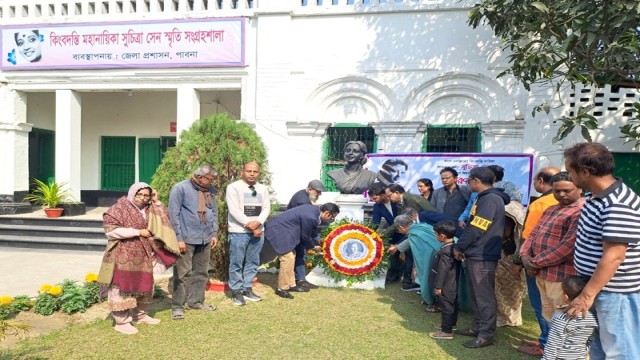
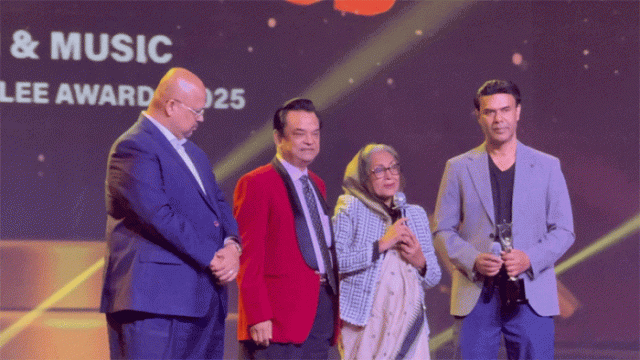




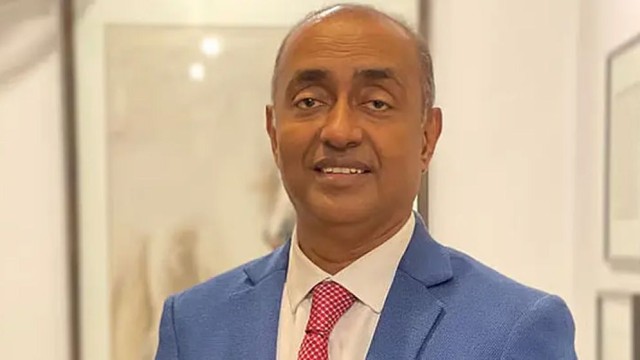

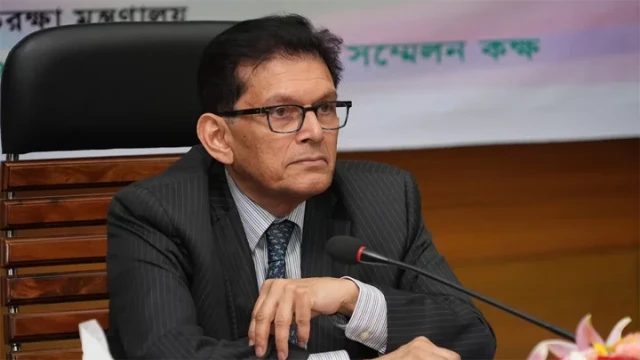

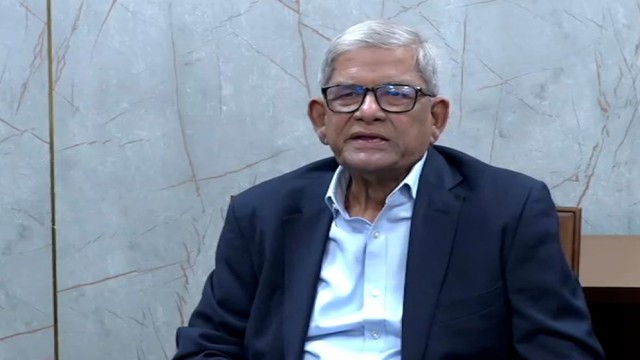
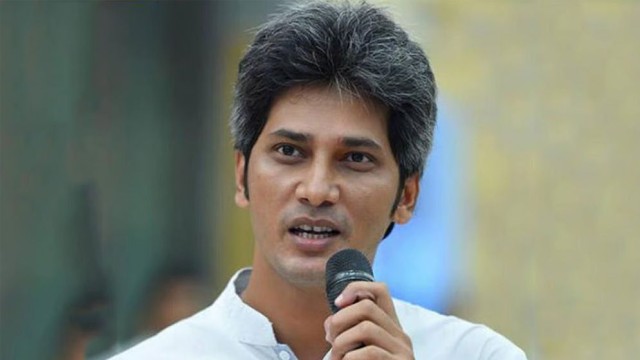
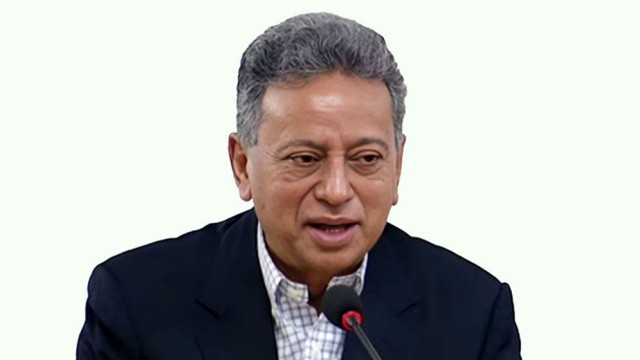













Comment: